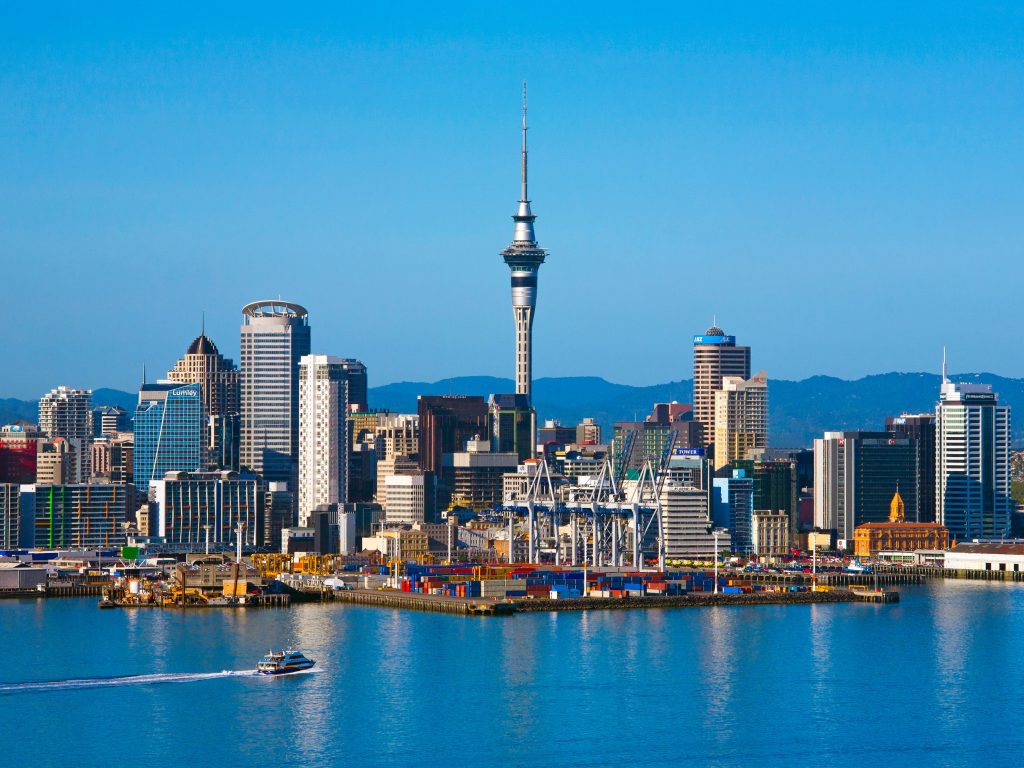- Goldman Sachs looked at 9 countries that raised interest rates in 2021 for clues to the economic impact.
- None of the nine "early hikers" showed clear evidence of recession, its analysts found.
- "Their resilience supports our forecast that no major economy will enter a monetary policy-driven recession over the next year."
Investors are worried that Federal Reserve policy could tip the US into recession — but lessons from smaller economies show a hard landing isn't a sure thing, according to Goldman Sachs.
The investment bank's analysts examined nine "early hikers", or central banks that began to lift interest rates aggressively before October 2021. These were mainly in central and eastern Europe, and Latin America, plus New Zealand.
Based on the performance of this group, the Goldman team concluded that major economies with aggressive monetary policies won't necessarily end up in a slowdown.
"None of the nine economies show clear evidence of recession, as the unemployment rate mostly continues to decline," the analysts said in a Sunday note.
On average, central banks there have increased rates by nearly 7% since March 2021, hiking much harder and earlier than their US or eurozone counterparts. By comparison, the Fed began raising rates in March this year, to stand at a top end of 2.50% today.
Three factors are keeping those mainly emerging economies in good shape, according to Goldman:
- People are drawing on savings built up during the pandemic and strong private-sector balance sheets are supporting growth in consumer credit, both of which help demand.
- Pent-up demand for labor is softening the impact of a dropoff in output on employment rates, bolstering job growth.
- The post-pandemic reopening in the services sector has supported economic growth.
"Their resilience supports our forecast that no major economy will enter a monetary policy-driven recession over the next year," Goldman Sachs said of the nine economies analyzed.
But an overheating labor market and falling exchange rates are factors that could hinder the economies' ability to pull off a soft landing, where inflation cools but no recession hits.
High inflation could also become entrenched, given there are some price pressures like rising commodity costs that are less manageable via monetary policy, according to Goldman.
"Coupled with the persistence in inflation and its drivers, this resilience suggests some upside risk to terminal rates among the later hikers, relative to current market pricing," its analysts said.
Investors' fears the Fed's aggressive monetary policy will spark a recession have weighed on US stocks, with the S&P 500 down about 13% in 2022 so far. In June, the major US benchmark entered bear-market territory, though it has rallied in recent weeks.
